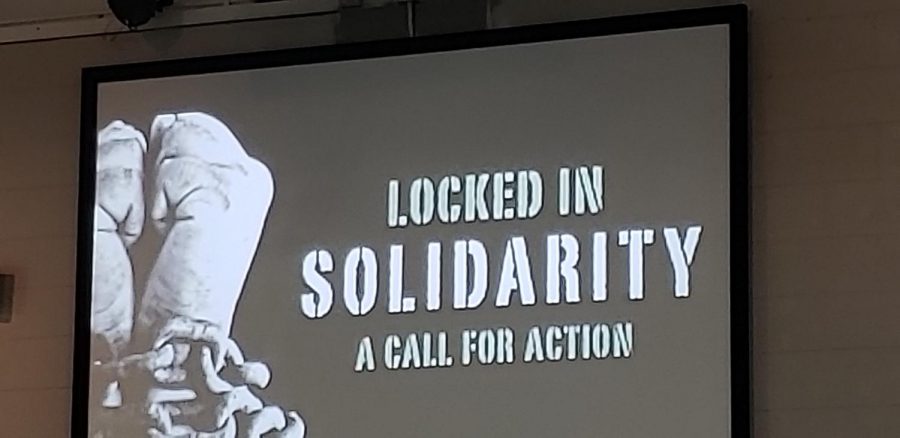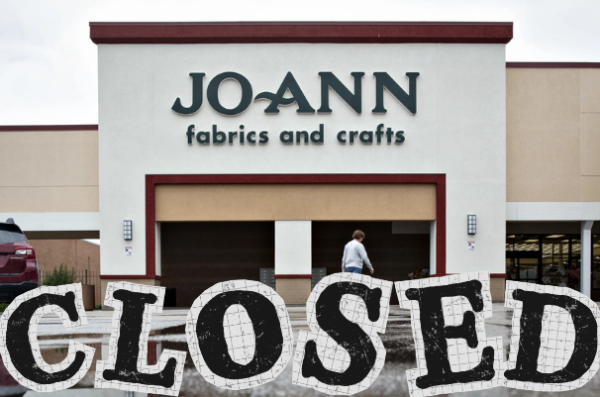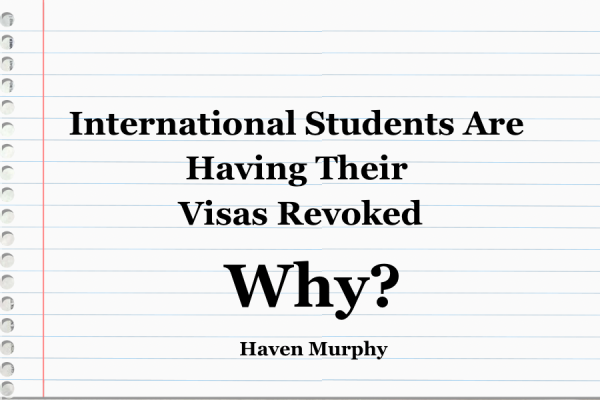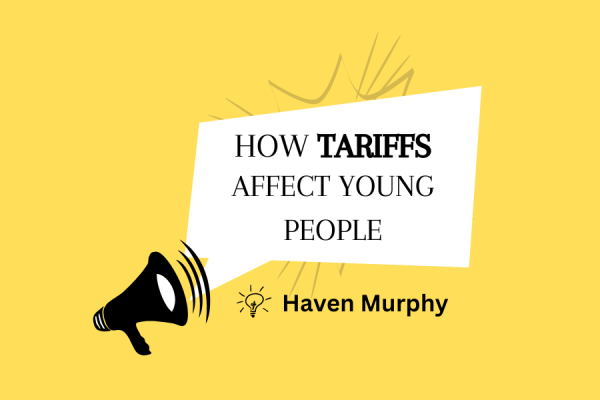Locked in Solidarity: “This is the new age of slavery”
Locked in Solidarity is focused on fighting the negative community impact of mass incarceration.
On February 11th, The Beacon hosted an event in partnership with the Christian Community Development Association for national Locked in Solidarity Awareness and Action Week. Locked In Solidarity (LIS) began in 2014 as an effort to increase awareness of the impact that incarceration has in impoverished communities, and reverse the impact of it. The event featured key speakers such as Marla L Godette, the founding mentor of Mentoring Moments, Isaac Hunt, who supervises South Bend Group Violence Initiative and the Gary for Life Initiative, Steven Coyle, the Chaplain for Saint Joseph County Jail and a retired police officer, and Kathe Streeter is a Restorative Justice Building Coordinator at Jefferson Intermediate Center. Together, they told stories about people in awful situations who managed to climb out of them, of the school-to-prison pipeline, and of how you can get involved in change.
When asked why it’s so hard for people to get out of the prison system and what the challenges they face are when trying to reintegrate into society, Hunt replied “Well, one of the things we really have to look at and understand is that the prison system is mass incarceration, it’s a business, it’s about making money. This is the new age of slavery. K-Mart, Walmart, McDonalds, (they’re) getting free slave service from the prison system in the United States, in addition something many of you may not know is that I served ten years in (Saint Joseph County Jail) myself, for voluntary manslaughter. 1990, came home 2000, my daughter was 2 years old when I got out she was 12. I made licence plates for 35 cents a day…” Isaac then went on to describe some of the awful conditions, which I can’t mention in a school newspaper. “So while you are being incarcerated, you are being mentally destroyed. It’s one thing to serve your time for the crime you committed, but it’s another thing to be mentally destroyed. When you finally get the opportunity to come home, they give you a check for 35 dollars and let you go. When you have no idea where you’re going, it’s like they’re taking you from Mars. They have no therapeutic counseling or treatment, eight out of ten individuals who are released from prison are re-incarcerated within 3 years. If I didn’t have (a good family) I would not have been able to make it. (I had) people who love me, people who put a roof over my head, you have people who literally have no place to go, so they give you the address to the homeless center.”
When asked “What about black on black crime?” Marla Godette replied “We talk about black on black crime, and personal responsibility, because most of these conversations revolve around the disproportionate amount of people of color who are incarcerated. It’s always easy to talk about someone else’s responsibility when you’re not in the seat. It’s easy to say (this) until it’s your child. We all want mercy when it’s us, when it’s our children.”
In response to the question “What can we do on a grassroots level to prevent these injustices?” she replied “Go to the city council meetings. Go to the school board meetings. Learn what really is happening, get involved on the grassroots level, go to the library and find out what activities are going on that you can share with your community and attend. Go to the common council meetings… find out what your neighbor likes. That’s what you need to do.”
Your donation will support the student journalists of The Tower and John Adams High School. Your contribution will allow us to purchase equipment and cover our annual website hosting costs.
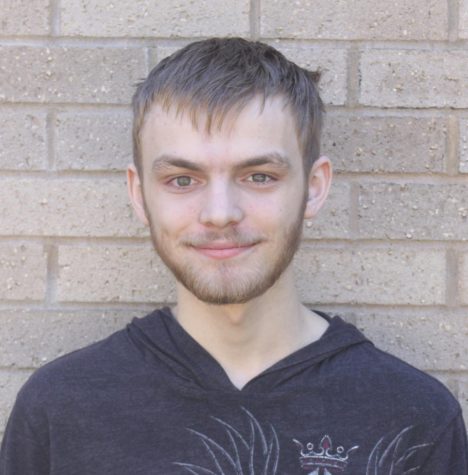
Ash Veazie is a reporter for The Tower, where he mainly writes articles about political events and video games. Ash is a fan of politics, strategy games,...


